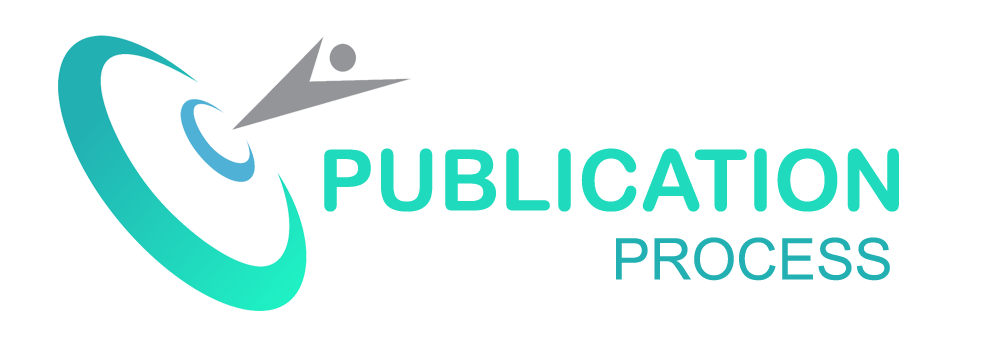TREND PENELITIAN DALAM PEMBELAJARAN MATEMATIKA
Abstract
Abstrak Kegiatan penelitian Matematika telah banyak berubah dalam 50 tahun terakhir. Beberapa perubahan seperti penggunaan teknologi dan komputer, sangat terlihat dan sedang dilaksanakan dalam pendidikan matematika cukup luas. Hal tersebut mempengaruhi cara mengajar matematika dan akan berbeda pada tingkat sekolah menengah dan dan sekolah tinggi. Perubahan yang terjadi dalam penelitian matematika menekankan pada memberikan waktu mengajar lebih untuk beberapa kegiatan matematika non-tradisional seperti desain algoritma, pemodelan, eksperimen dan eksposisi. Kegiatan-kegitan tersebut membutuhkan semua pengetahuan pedagogis dengan kegiatan guru dalam proses situasi belajar mengajar, tentang teori pembelajaran, pendekatan pembelajaran, desain kurikulum, teknik evaluasi, dan hal-hal lain yang relevan. Dan diharapkan berimplikasi terhadap proses pembelajaran, sehingga menghasilkan proses belajar yang efektif. Kata kunci : paradigma kurikulum, kegiatan kurikulum, pengetahuan berbasis pedagogi, trend penelitian matematika.References
DAFTAR PUSTAKA
Baumert, J. Et al. (2010). Teacher’s mathematical Knowledge, Cognitive Activation in the Calssroom, and student Progres. American education Research Journal, vol47/1,pp. 133-180. Badawai, Mohamed Farrag. (2009). Using Blended Learning for Enhancing EFL Prospective teacher’s Pedagogical Knowledge and Performance. Conference paper: Learning & language tha spirit of the age, 14-15 March 2009, Ain Shams University Guest House, Cairo, Egypt. Berliner, D.C. (2001). Learning About and learning From Expert teacher. International journal of Edcutaional Research. 35(5), 463-482. Bromme, R. (2001). Teacher Expertise. Internationa encyclopedia of the social and behavioral science. Amsterdam: Smlser and Baltes, 15459-15465. Chen, Zhu. (2016). Contextualizing generic Pedagogical Knowledge Through TensionFocus Reflection. A Self-study. Australian Journal of Teacher Education. Vol 41, issue 6. Clough, M.P., C.A. Berg and J.K. Olson (2009). Promoting Effective Sience Teacher Education and Science Teacher; a framework for eacher Decision Making. Internaitonal Journal of Science and Mathematic Education, vol 7, pp.821-847. Dorhmann, M., G, Kaiser and S, Blomeke. (2012). The Conceptualization of Mathematics Competencies in the International teacher Education Study TEDS-M. M.ZDM. the International Journal on Mathematics education. Vol 44/3,pp.325-340. Guerriero, S. (2017). Pedagogical Knowledge and The Changing Nature of The Teaching Profession. OECD Publishing. Paris. Konig, J. Et al. (2011). General Pedagogical Knowledgeof Future middle School Teacher; on the Complex Ecology of the Teacher education in United states, Germany, and Taiwan. Journal of Teacher Education. Vol 62/2, pp.188-201. Konig, J. (2014). Designing an International Instrument to Asses Teacher’s general pedagogical Knowledge (GPK): review of studies, considerations, and recomendtions. Paris.OECD. Konig, J., Rudi, Ligtvoet., Stefan, Klemenz., Martin, Rothland. (2017). Effect og Oportunities to Learn in Teacher Preparation on Future Teacher General Pedagogical Knowledge: Analizing program charactheristic and outcomes. Studies in educational evolution 122-123. Lin, Chunfu charlie., et al. (2015). Faculty’s perceived Integration of Emerging Technologies and Pedagogical Knowledge in the Instructional Setting. Procedia- Social and Behavioral Sciences 176 (2015)854-860. Lovasz, Laszlo. (2008). Trends in Mathematics: How They Could Change education. Pellegrina, J.W., and M. Hilton (eds). (2012). Education for Life and work: Developing Transferable Knowledge and Skills in the 21st Century. National Acdemic Press, Washington, DC. Verloop, N., J. Van Driel and P. Meijer. (2001). Teacher Knowledge and The Knowledge base of Teching. International journal of Educational Research, vol 35, pp244-276







